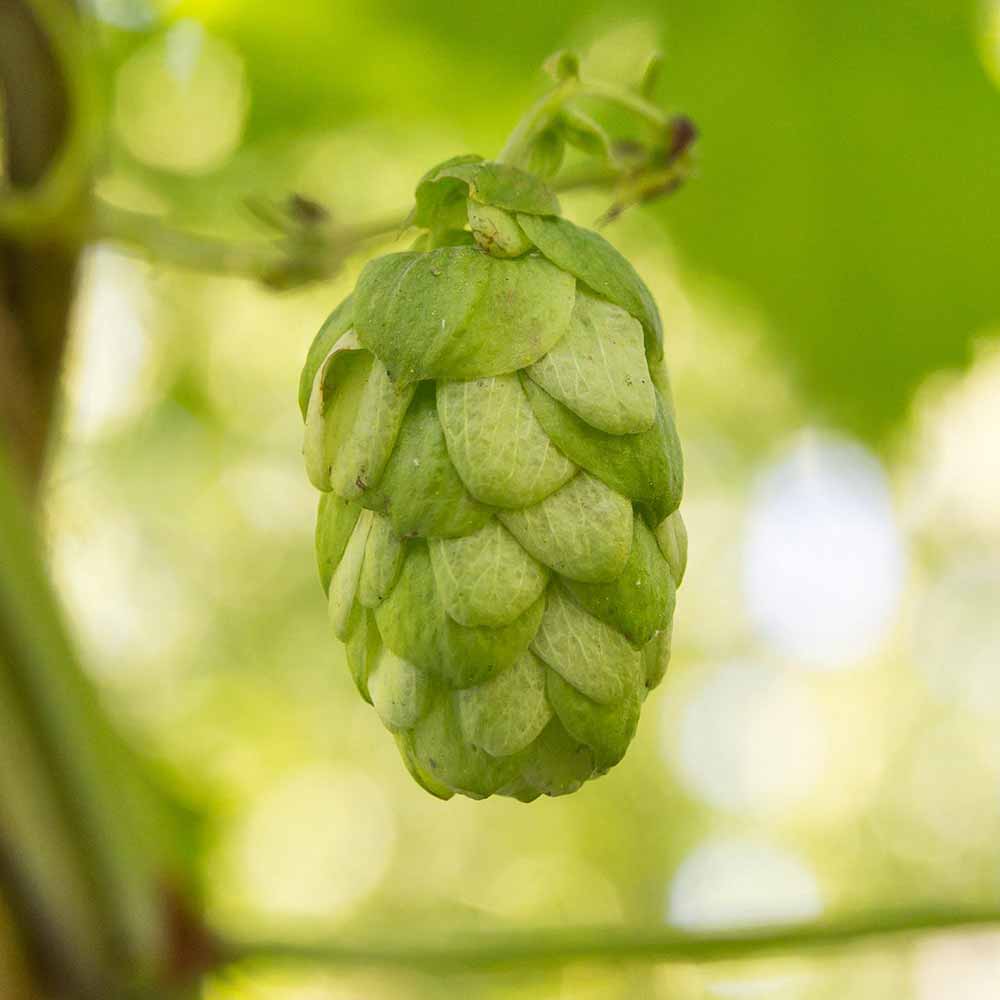
There are great hops throughout the globe. We’ve traversed the planet, taking deep dives into some of the most popular and iconic hops used in creating renowned brews, including North American-grown Mosaic, Cascade, Centennial, Citra, and Krush; Southern Hemisphere greats Galaxy and Nectaron; and European classics like Czech Saaz. Another European gem of a hop is East Kent Goldings, featured in many pints of beer in the U.K. as well as U.S. craft beer takes on U.K. styles.
We chatted with growers of the hop from Brook Farms as well as avid users of the hop from Shepherd Neame—named after Britain’s oldest brewer—to learn about the hop’s ancestry and analytics, the profile that translates into the beer, how to use it in the brewing process, and in which style of beer it works best.
(Above photography courtesy of English Hops Ltd.)
What We’ll Cover in This Piece:
Affordable, Industry-Leading Brewery Software
What Are the Analytics and Ancestry of East Kent Goldings?
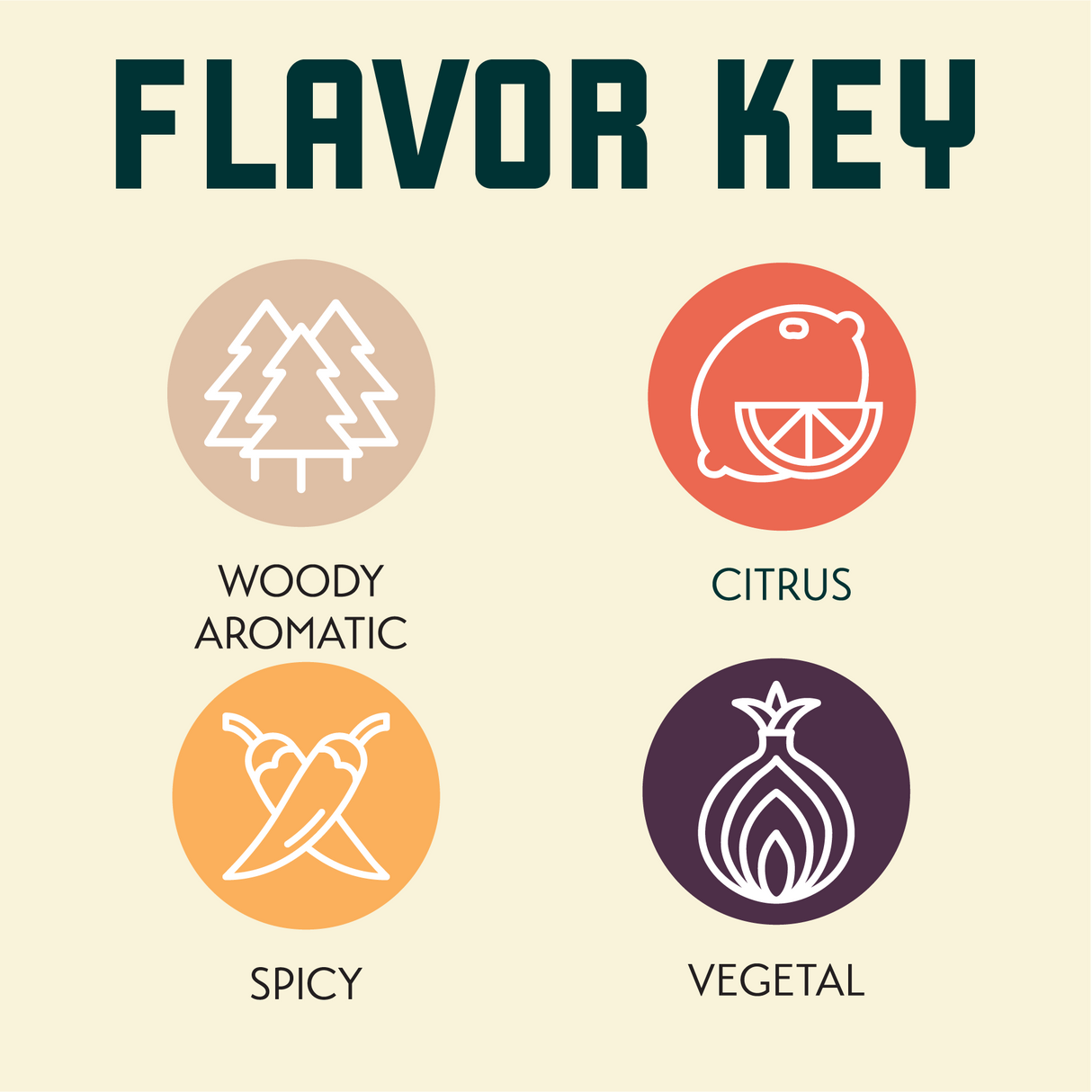
Photography courtesy of Yakima Valley Hops
We can trace East Kent Goldings hops back to the tail-end of the eighteenth century. The hops were originally taken from a Canterbury Whitebine in 1790, one of the longest lineages of hops in the world. Similarly, sixth-generation hop grower Antony Rudgard-Redsell is part of a family lineage of hop growers in the U.K. dating back to the mid-1900s. Rudgard-Redsell says the East Kent Goldings hop is a broader term for a collection of breeds.
“There are different clones, Cobb and Early Choice, and you have Mathon and Eastwell,” Rudgard-Redsell says. “They are all Goldings but slightly different.”
East Kent Goldings refers to the Southeastern part of the county of Kent. The clone hops are named after other villages in the region. Rudgard-Redsell’s grandfather, Tony Redsell, was behind the preservation of the name East Kent Goldings.
Fifteen years ago, in 2009, East Kent Goldings was given the “Protected Designation of Origin” status by the European Commission.
“It’s preserved the name,” Rudgard-Redsell says. “Now, you can only get East Kent Goldings hops if grown in East Kent.”
Now, all the clones fall under the East Kent Goldings name. But it’s the region’s terroir that makes the hop special.
“We have the highest UV—sunlight—and we are on a peninsula, so we have the sea on all three sides,” Rudgard-Redsell says. “We don’t have extreme weather. We have more consistent weather to nail the consistent aroma.”
Rudgard-Redsell notes that the salt-laden winds lend to the hop’s unique aroma. And even with its modest four to six percent alpha acids and 1.9 to three percent beta acids, Rudgard-Redsell says the hop has so much to offer.
“It is a variety with so much tradition and heritage,” Rudgard-Redsell says. “If a brewer is seeking to do something really special, East Kent Goldings is right at the forefront.”
What Characteristics Shine Through with East Kent Goldings?
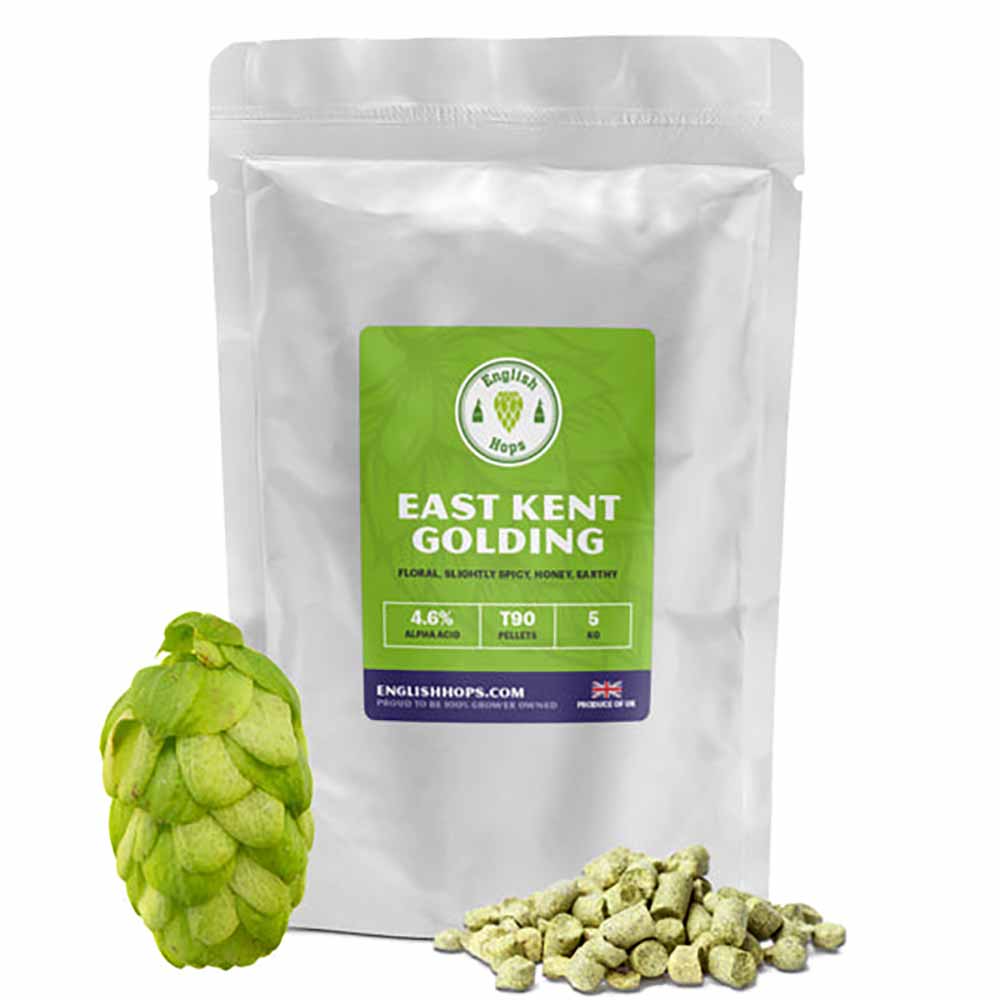
Photography courtesy of English Hops Ltd.
Rudgard-Redsell says that the hop doesn’t fall into the category of a high-intensity aroma hop but does provide many quality characteristics.
“You look at spicy and honey,” Rudgard-Redsell says. “It’s often very floral, but it’s a delicate aroma. You can also detect some lavender and a hint of thyme.”
Shepherd Neame Senior Brewer and Quality Manager Stewart Tricker says the characteristics that come through paint a picture of balance.
“With the gentle spicy hop aroma, floral sweet honey notes, and the classic Kentish hop character that is difficult to describe,” Tricker says. “Some refer to it as grassy, nettles, or earthy; to me, it is just typically Kentish.”
With that protected designation, Tricker says East Kent Goldings is “the Champagne of the hop world.”
“East Kent Goldings is a complex hop—rather than hops with one very dominant flavor,” Tricker says. “It produces very drinkable mellow flavors in beers, predominantly ales.”
Is East Kent Goldings Good in a Single-Hop Beer?
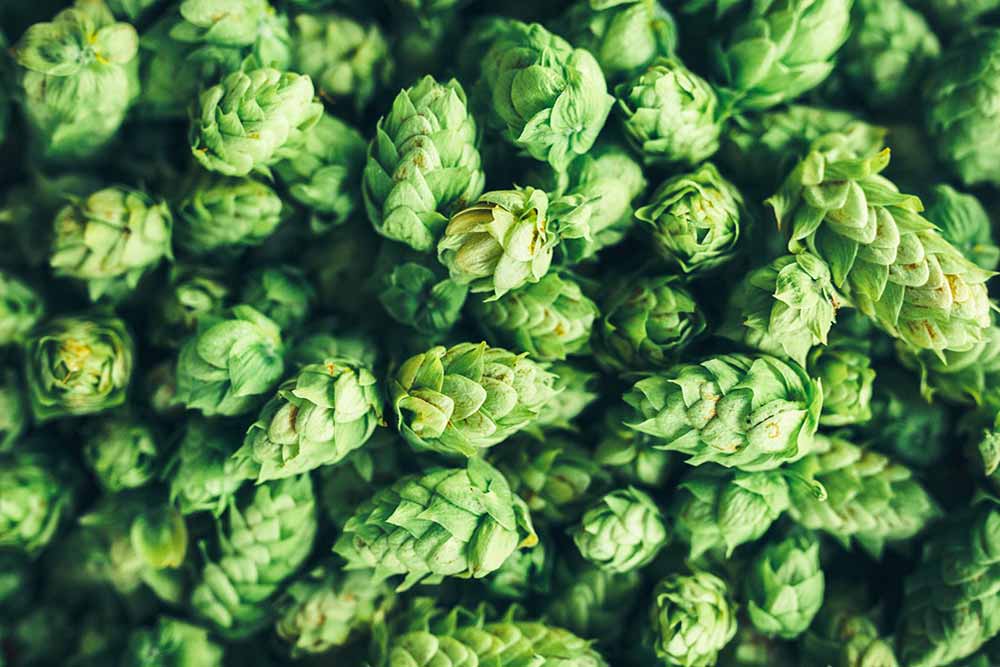
Photography courtesy of English Hops Ltd.
Tricker thinks the hop is powerful enough to control a beer on its own.
“It is definitely a hop that can be used as a single hop both for bittering and aroma,” Tricker says, noting Shepherd Neame has done it on several occasions. “We also use it with Kentish First Gold for additional aroma and Target for bittering.”
Rudgard-Redsell points to a number of breweries that use it with other hops.
“Generally, it’s complementary,” Rudgard-Redsell says. “You often have something else in there for bittering.”
For instance, Shepherd Neame’s Master Brew uses East Kent Goldings with Challenger and First Gold hops.
Brewers should be aware when pairing this hop.
“Being a subtle Kentish hop, it loses some of the defined characteristics if used with bold American hops,” Tricker says, “which can dominate the overall aroma of the beer.”
Where Is the Best Place to Use East Kent Goldings in the Brewing Process?
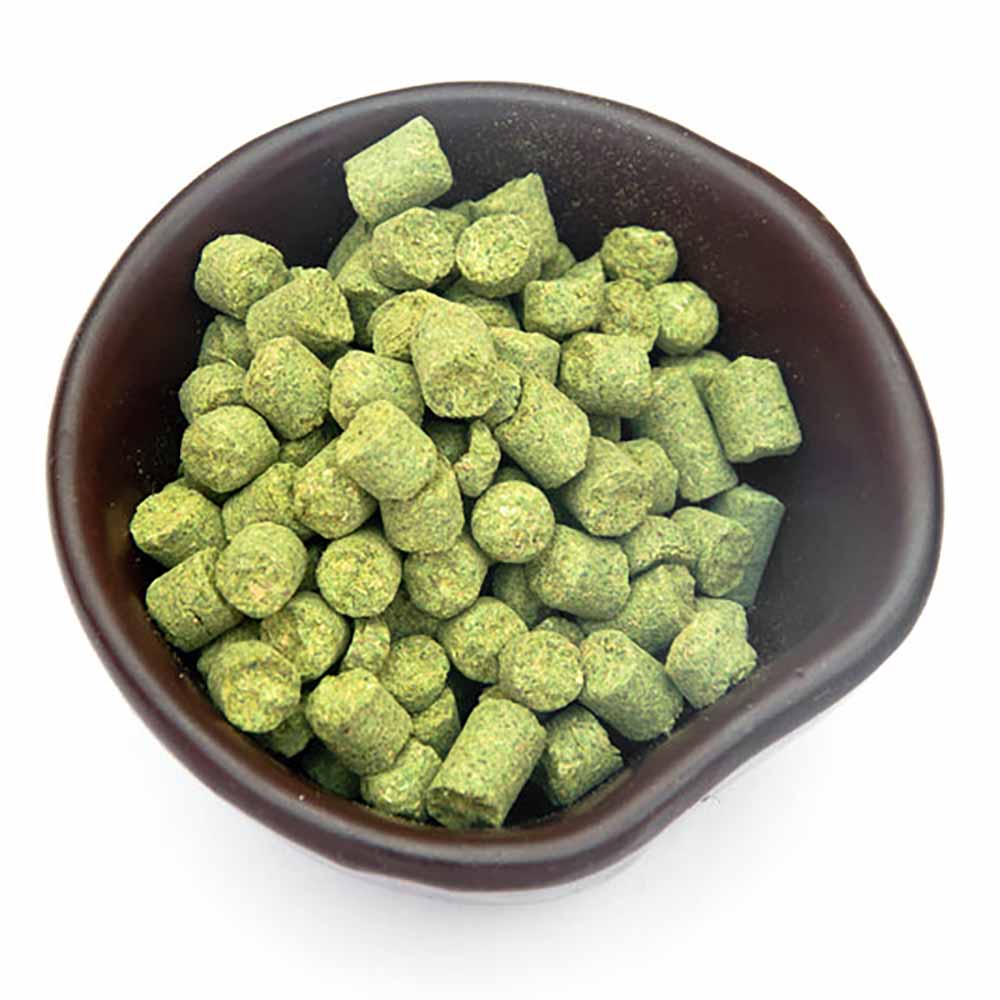
Photography courtesy of English Hops Ltd.
Rudgard-Redsell deferred this one to the brewers. He did say that, over time, the usage of the hop in general has shifted away from whole leaf to more pellets. Tricker says with East Kent Goldings, they lean more towards later in the brew.
“We use it as a late hop in [the boil] or in the whirlpool,” Tricker says. “And also extensively use it in dry hopping of cask-conditioned beers.”
Using it late, Tricker says you get the most out of the aromatics.
“As a dry hop, it can offer more honey and floral flavors, giving an aroma reminiscent of marmalade,” Tricker says. “It is a key ingredient in all of our PGI Kentish and Strong Kentish ales.”
Which Style of Beer Works Best with East Kent Goldings?
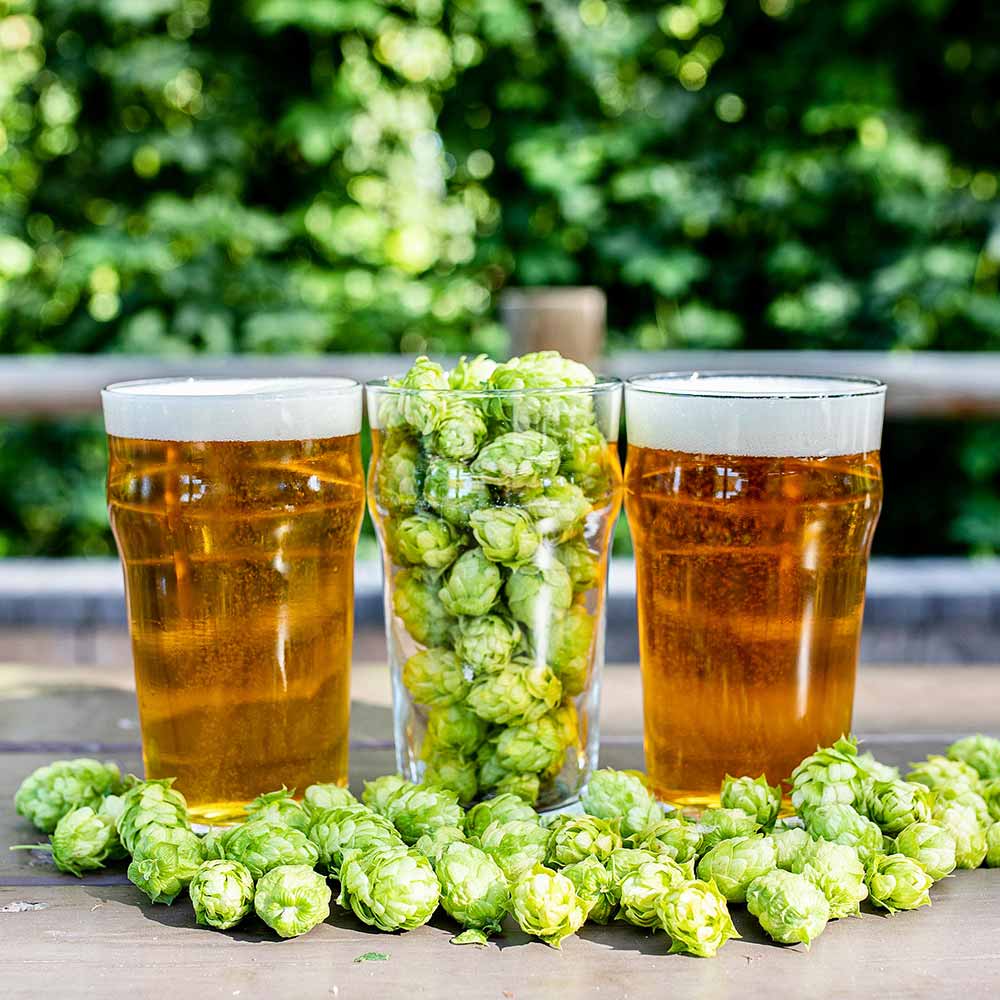
Photography courtesy of Bale Breaker Brewing Company
“It’s [got to be] a quintessential English style,” Rudgard-Redsell says flatly.
Tricker likes to stay more traditional with his use of East Kent Goldings.
“It is perfectly showcased in a traditional Kentish ale,” Tricker says, “but also stands up well in many other English ales, particularly those not dominated by large malt flavors.”
Rudgard-Redsell says that breweries have been known to use the hop in other styles, pointing to Utopian Brewing in the U.K., which has featured East Kent Goldings in a single-hop pilsner.
“That doesn’t happen very often,” Rudgard-Redsell says. “You really can use [East Kent Goldings] however you want. You just have to understand it and how it behaves.”



